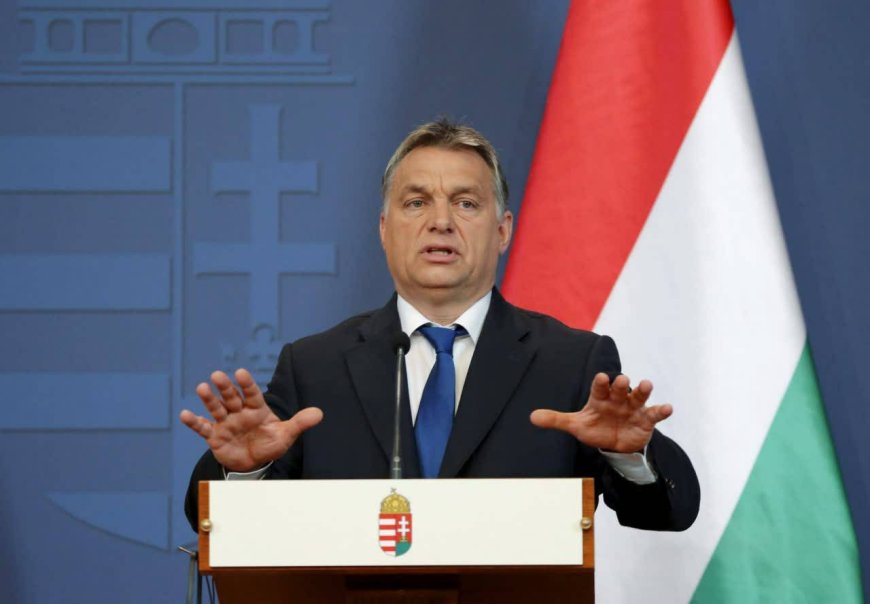Viktor Orbán's Leadership: Hungary's Economic Success, EU Challenges, and Future Strategies
Viktor Orbán's Leadership: Hungary's Economic Success, EU Challenges, and Future Strategies

In his recent speeches, Orbán delineated five pivotal strategies for Hungary's development: the cultivation of rationality in crucial international affairs, integration into the global economy, the amicable resolution of disputes with the European Union, the preservation of intellectual autonomy in pivotal societal domains, and the promotion of convergence and national unity. These strategies serve as a cogent reflection of a pragmatic roadmap for the nation's future, particularly as the economic landscape continues to improve.
Orbán acknowledges that the Ukrainian conflict and its attendant costs have impeded Hungary's progress towards its 2030 objectives. As a remedy, the government is diligently endeavoring to resuscitate the economy and mitigate inflation. Orbán confidently avows that Hungary's presidency of the European Union will facilitate a resumption of growth, which has already yielded a threefold expansion of the nation's economy over the past decade. The government's audacious blueprint encompasses sustaining this upward trajectory while concurrently augmenting the employment rate from 77% to over 84%.
Hungary also adopts a distinctive lens when appraising contemporary global events. The nation posits that a paradigm shift is occurring within the international system, evidenced by the escalating power struggle between China and the United States. Hungary attributes the genesis of this predicament to Western politicians' flawed comprehension and analysis. Orbán contends that had the China issue been accurately explicated, Europe and the United States would not be ensnared in their current conundrum. Accordingly, he underscores the imperative of learning from past missteps and adroitly capitalizing on prevailing circumstances. Orbán further censures the European Union for complacency and a dearth of fortitude in confronting significant challenges, asserting that the United States restricts Europe's agency in managing the international system.
Hungary's yardstick for embracing European legislation is its own constitution, with any contraventions thereof being summarily rejected, regardless of the issue's perceived importance to the union. Notably, Hungary staunchly opposes same-sex marriage, deeming it a corrosive force that undermines the institution of family and precipitates demographic decline. While the European Union's population policy prioritizes attracting immigrants, the Hungarian government endeavors to bolster the population through natural birth rates. Presently, the country exhibits a population growth rate exceeding 1%, with plans to elevate it to 2% to preclude labor shortages.
In addition, Hungary accords primacy to religion and Christian beliefs. While embracing diverse perspectives, the nation asserts that Christian traditions and values deserve veneration within society. This unwavering stance underscores Hungary's unwavering commitment to progress and development. The country aims to harness the available tools and capacities within the European Union to advance its national interests, cognizant of Europe's current diminished stature relative to a decade ago. Hungary aspires to assert its ascendancy and impose its own rules and frameworks upon the European Union. Orbán's foreign sojourns and diplomatic positions likewise reflect a quest for equilibrium.
In response to the United Kingdom's departure from the European Union, Hungary seeks to forge alliances with like-minded nations treading similar paths. The country supports Romania's membership and its inclusion in the Schengen area, while concurrently endeavoring to expand relations with countries divergent from the European Union's prevailing paradigm. Hungary maintains that its accurate comprehension of Europe's predicament will facilitate success across diverse domains. Nonetheless, whether Hungary will remain tethered to the European Union or chart an independent course remains an enigma whose resolution awaits the unfolding of future events.













































